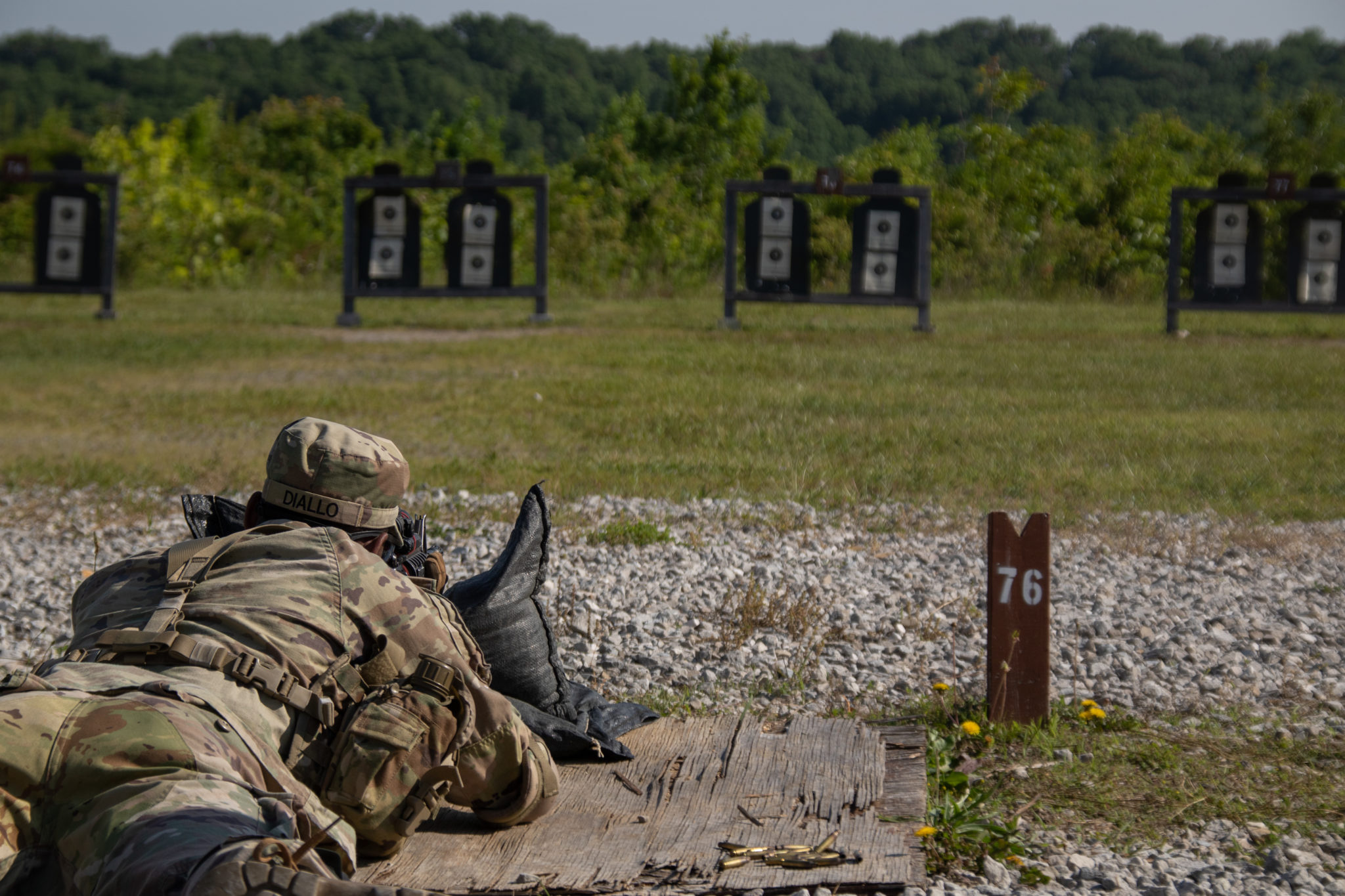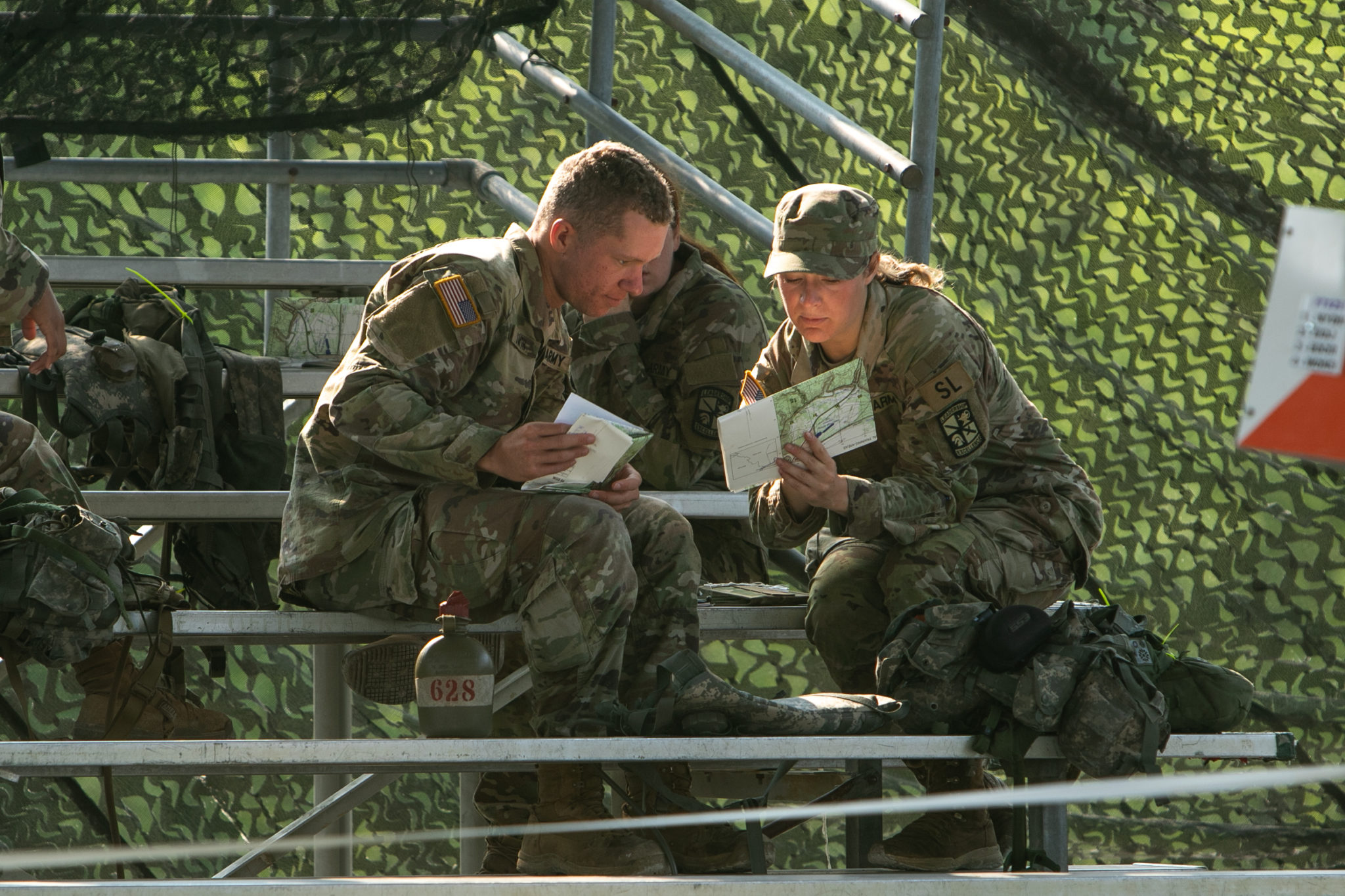This year the U.S. Army sent over 1,250 cadets to more than 43 countries around the world for the Cultural Understanding and Language Program in order to gain global awareness and experience living in a foreign area.
These future officers were tasked to teach English, conduct humanitarian aid missions, work partner projects with the U.S. State Department and to train with foreign militaries.
I was fortunate enough to be sent to Tunisia, located between Algeria and Libya in North Africa. The mission for our 10 person team was to teach English to Tunisian language instructors and to prepare them for the demanding Oral Proficiency Interview. The OPI exam is used to evaluate foreign soldiers eligible to come to the Defense Language Institute in San Antonio Texas to further their English skills.
My trip to Tunisia was my third time going to the Middle East after studying in Oman and Jordan on other government and school programs. I quickly befriended three Tunisian Air Force sergeants, Sergeant Shahir and Sergeants Mohamed. We instantly hit it off as friends after talking for an half hour the first day and exchanging gifts. I had expected the usual open and welcoming tradition of Arab hospitality, which was just the first of many great things I experienced in Tunisia.
Over the course of our three weeks in Tunisia I sat down with my three friends, who were advanced English speakers, and discussed topics such as American foods, media, politics, the military and how to get around San Antonio. This was coupled with the Tunisians giving us cultural classes and Arabic lessons after each day. The Middle East is a very diverse place and no two countries are exactly alike in language and culture. As I had expected, Tunisia was completely different from Oman and Jordan but luckily I learned about Tunisia from Tunisians while I exchanged information about the United States.
By the second week I had established a strong friendship with my Tunisian peers which culminated into the most rewarding experience of my trip. Since I studied Arabic for over two years with over six months spent studying in the Middle East for my Middle East Studies Degree, I had a strong base knowledge of the culture and Arabic language. Although Tunisian culture and Arabic is strongly fused with French and European culture I managed to use my knowledge of Arabic to aid my three friends in their English.
If there was a word that they didn’t know in English they would say it in Arabic and I would translate, the same happened with me teaching them. I used the proverbs I learned during my other travels and my knowledge of famous poets, singers, and cultural puns known around the Arab world that allowed us to bond and deepen our conversations. Cultural insight and my use of Arabic resulted in a deep trust and mutual understanding between us which, in the end, made them more comfortable to talk about our lessons and topics. This all revolved around the understanding of a different perspective.
Gaining this perspective took a few years and much traveling but for the first time since I started college I actually used what I learned in class as a U.S. Army Cadet to establish stronger relations with our allies.
Army ROTC at Dickinson College has provided me with the necessary means to get to this point while the CULP program put to use what I learned. There was no better feeling than putting my knowledge and skills to the test and seeing it bridge cultural and language barriers while promoting mutual understanding and building long lasting friendship.





